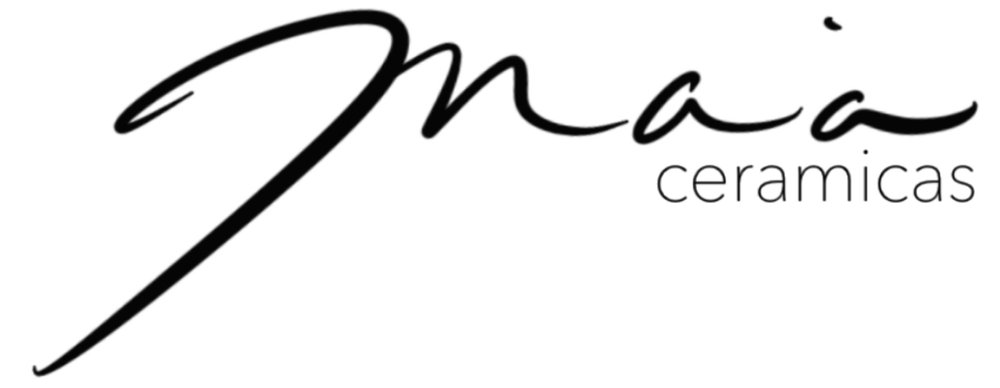DESIGN LEADERSHIP
Co-Mentorship Program (Coffee Meets GEEKS)
July 2023
Leadership needed a way to engage and upskill junior team members and also wanted to build community within the research team.
I worked with a manager on the team for months developing and iterating solutions until we created a co-mentorship program to be used as a lightweight tool for researcher career development. The solution was enthusiastically received by leadership and team members alike.
New Project Process following Merger
February 2021
When the DICE Group at Jefferson was absorbed into IS&T I recognized that the old processes and approaches we shaped may no longer apply.
As the team’s goals, work style, and opportunities for enterprise-wide collaboration became clear, I took it upon myself to build new standards, processes, and supporting materials to process requests and communicate clearly with our clients.
This process utilizes collaborative templates to ensure a shared understanding of problem areas, stakeholders, scope, process, and responsibilities.
Culture
Throughout my career, I have lead multiple culture shifts and initiatives within my teams.
Infragistics
As a team member at Infragistics, I initiated a program in which we designed websites pro-bono for nonprofit organizations.
DICE
When I first arrived as a designer at the DICE (Digital Innovation and Consumer Experience) Group, I pushed leadership, clients, and colleagues to think beyond digital solutions as the only means for innovation, leading to an entire group-wide mindset shift. I also lead workshops to teach my colleagues design research methods to support their work, leading others to better understand and utilize researchers and research methods in their projects.
As a manager during DICE’s transition to IS&T, I sensed feelings of instability and uncertainty among team members, as well as concern about attrition among leadership. I took it upon myself to host a group-wide (about 45 people) remote workshop to get a baseline understanding of how people felt and what they needed from leadership during the transition and moving forward. I compiled this information in a report for our new VP, who was an outside hire and completely unfamiliar with the group to help him understand the mindset of his new employees.
Jefferson IS&T
Following our transition, and my adoption of ten more team members, I noticed that there were issues with staff satisfaction, risk of burnout, and attrition both within my team and the larger group. With high demands from the health system due to COVID and an undecided future for the team, work distribution was unequal and leadership was not aligned on addressing cultural issues.
I formed a culture committee to create smaller, more actionable initiatives addressing camaraderie/socialization, morale, and health/wellness on our team. I also launched a culture survey to assess issues around burnout, diversity, equity, and inclusion to improve our leadership practices.
DICE Project Intake Process
December 2019
As a manager, I began noticing patterns within the DICE group that caused frustration for team members and diminished project successes, I recommended we build a standard process that:
Established a governance model.
Ensured thorough project vetting.
Enabled a shared understanding of each team’s processes.
Allow better coordination and cross-team alignment.
I requested participation from team managers across the group to work with their teams to gather feedback over the course of the development of the process and its supporting materials.
We went live after a year of careful planning, coordination, and testing. Following a group-wide presentation, we assisted teams in running all new projects through the process.
When DICE went through a major transition in Summer 2020, this system and governance model saved our team from dissolution.
Research Team Mini Projects
August 2019-August 2020
As Research Team Manager, I noticed my team was feeling worn down by the nature of their projects and the barriers created in healthcare. I also noticed we were sticking to the methods we were most comfortable with and weren’t trying new things.
I launched mini-project days once every other month to break our team out of our normal routine, build teamwork, tackle problems the team was passionate about, and try new methods in a safe environment.
Themes my team explored through these mini-projects included:
An AHRQ challenge to improve administrative and information management burdens and support patient activation and engagement.
Improving food access in Philadelphia.
Mental health and self-image during quarantine.
Solutions to support education without relying on internet access during quarantine.
Replacing plastic bags as inspired by the Open IDEO challenge.





